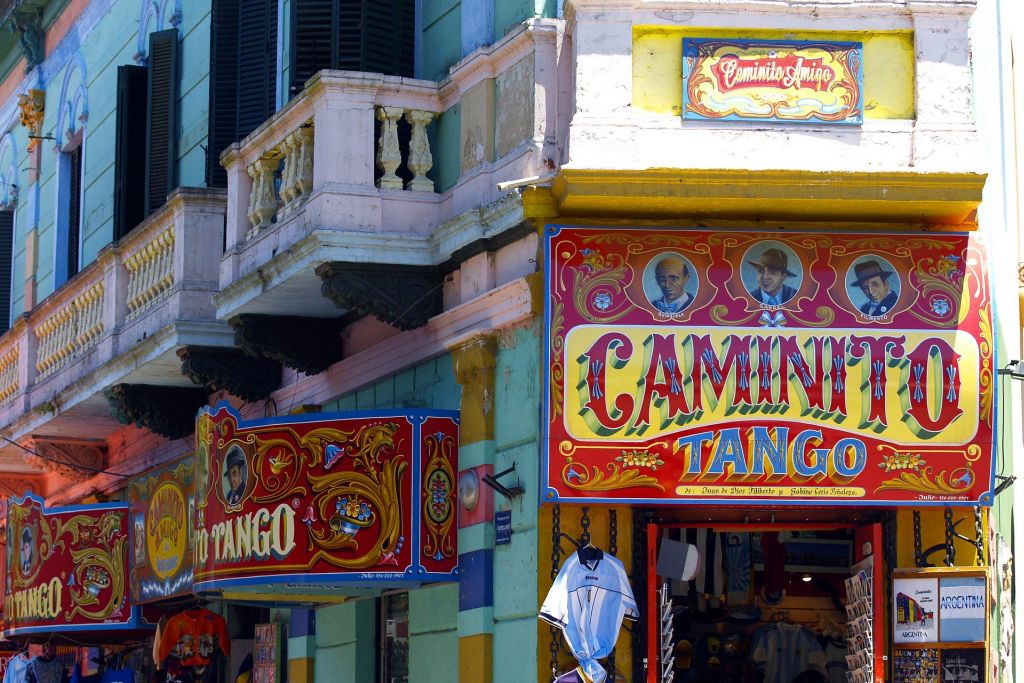The outlook for Argentina’s economy is better than it has been for a long time
The country could benefit more than almost any other from the changes in geopolitics and the energy transition. But this requires a clear reform course.
by Alexander Busch, Latin America correspondent for Handelsblatt and Neue Zürcher Zeitung
The outcome of the election in Argentina is completely open: If Sergio Massa, the incumbent economy minister of the left-wing Peronist government, and the right-wing libertarian candidate Javier Milei run in the run-off elections on November 19, it is hard to say today who will govern the country for the next four years.
For the Economist magazine, the candidates who qualified in the first round of voting are the worst alternatives for Argentina, the worst of all possible outcomes. Because – according to the Economist – neither candidate seems capable of solving Argentina’s problems.
In view of the justified pessimism, it is easy to overlook the fact that the prospects for Argentina’s economy have rarely been as good as they are at present: the changes in geopolitics, the growing demand for agricultural products and metals for the energy transition, rising prices for oil and gas, which Argentina has in large quantities – these are all reasons why the prospects for Argentina’s economy could brighten at present.
In detail:
The first 500 km section of the gas pipeline from the Vaca Muerta oil and shale gas reservoir has just been inaugurated. Argentina is thus on its way to becoming self-sufficient in fossil fuels. Given the high prices for liquid gas, this is important for the balance of trade.
Farmers are facing a good harvest of soy, maize and wheat – after this year’s disastrous drought. The Buenos Aires Grain Exchange is expecting a 138% increase in the soybean harvest. For maize, it could be 62 percent more. This normalization of agricultural exports will also be important for the inflow of dollars to Argentina.
Investments in the mining industry are continuing. Lithium and copper concessions are particularly sought after by foreign companies. Companies from China, Australia, Canada and South Korea are leading the way.
Foreign direct investment in Argentina has tripled from USD 4.7 billion (2020) to USD 15.1 billion – despite the country’s severe crisis. A fifth of the investment comes from mining and oil companies.
Argentina’s start-ups are also among the most successful in Latin America: online trading platforms such as MercadoLibre and OLX have been around for some time. Buenos Aires offers a creative environment for digital companies. The founders are forced to think beyond the national market.
Conclusion: The next government will get some tailwind from the economy. Hopefully it will take the opportunity to implement the necessary reforms.






